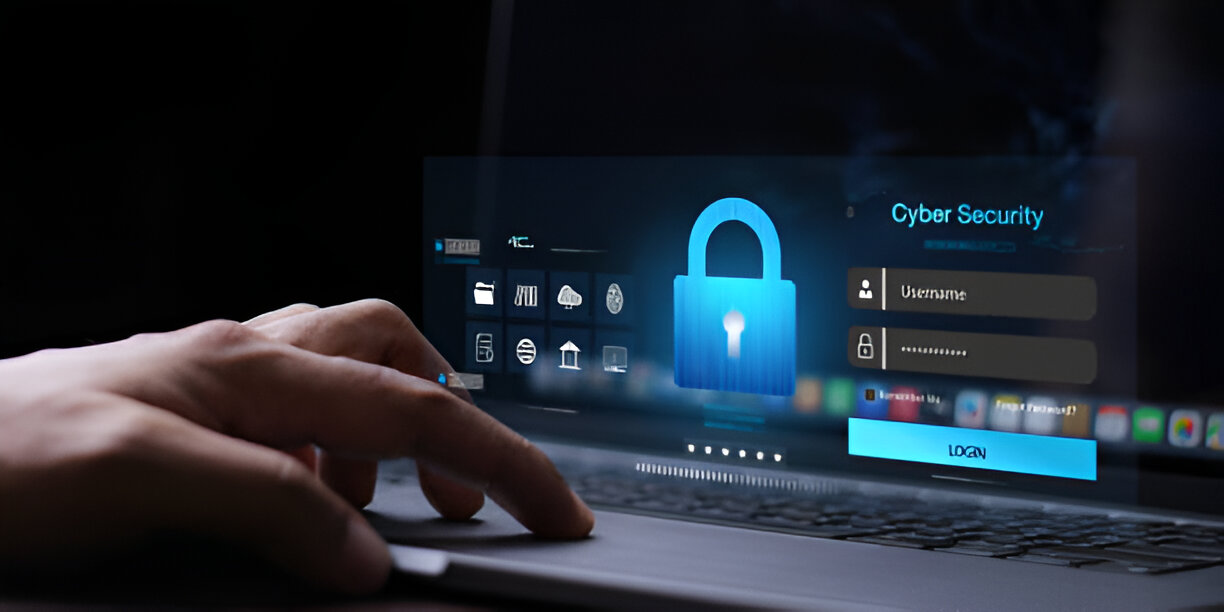In the interconnected world, nearly everything we do is produced by or relies on technology, which has made cybersecurity one of the most critical global issues. For instance, digital platforms and banking have become a deeply integrated part of daily life. National security systems are also interconnected with digital coordination.
However, as much as we depend on technology, it also controls our lives, and any breach can lead to property and life losses. Therefore, we are open to cyber threats like hacking, ransomware, and data breaches. Hence, governments around the world are taking stronger measures to improve global cybersecurity to protect citizens, businesses, and even infrastructure.
This article will examine the threat posed by cyber security, government interventions, and what the future holds.
Growing Threat of Cyber Attacks
Cyber threats are becoming increasingly sophisticated and are often not carried out by a single hacker. Nowadays, hack groups are organized crime syndicates and even state-sponsored. These attacks are often directed at sensitive information like personal data and financial and intellectual property. Cybercriminals will disrupt our critical infrastructure, including power grids and hospitals, and cause chaos while sometimes endangering lives.
Ransomware attacks on major companies, such as the Colonial Pipeline in the U.S., which caused fuel problems, and WannaCry, which took down hospitals and businesses across the globe, are recent examples. These types of incidents demand stronger national and international cybersecurity levels.
Responses of Governments
Governments are becoming more aggressive in fighting Cyber threats. These initiatives are grouped under legislation, International cooperation, use of advanced technology, public awareness, and private-sector collaboration.
Tight Laws and Regulations
New laws are being introduced across governments to ensure organizations are held responsible for cybersecurity. Websites are obliged, for example, to protect customer data by legislation such as the General Data Protection Regulation (GDPR) in Europe and the California Consumer Privacy Act (CCPA) in the U.S. They also have to report cyber incidents to authorities within a certain amount of time.
Technology also makes us vulnerable to cyber threats, including hacking, ransomware, and data breaches. To protect citizens, businesses, and infrastructure, governments worldwide are adopting stronger internal regulations and measures to curb global cybersecurity.
Building International Alliances
Cyber threats do not respect borders, so international cooperation is needed. Countries are forming alliances to share intelligence, resources, and best practices to improve their individual and joint defenses against cyberattacks.
One of the alliances is NATO’s Cyber Defense, in which member countries have pledged to improve cyber security regulations.
Over 60 countries also signed the Budapest Convention treaty, which was designed to help coordinate the fight against crime in general. Data about new threats is shared between nations so others can be prepared for unexpected attacks.
Developing New Technology
Governments are using cutting-edge technologies to boost their cybersecurity. Some tools leverage artificial intelligence (AI), machine learning, and blockchain. Among them are tools that help detect and prevent cyberattacks.
AI algorithms can analyze large datasets in real-time to find anomalous behavior, such as unauthorized access to sensitive systems. Blockchain technology also offers the benefit of securely storing and verifying data, which mitigates possible tampering.
Although its development is still in its early stages, quantum computing can encrypt the data spread across the Internet and add a fresh layer of security.
Awareness of Using Social Platforms
The public’s awareness of common threats has led governments to launch campaigns to educate the public about avoiding the exposure of personal data on social platforms like Facebook and Instagram. Some social media hygiene practice campaigns include encouraging people to create strong passwords and enable two-factor authentication.
Social media users should also avoid clicking suspicious links that sell likes and followers to boost their engagement. They should also be cautious when purchasing likes and followers for social media accounts, ensuring the site is authentic before engaging.
For instance, if you want to purchase likes and boost engagement on your IG account, you can get auto likes for IG from a verified sites that guarantees your account data is always secure. These sites offer randomized likes and followings, which allows you to experience a natural boost without exposing your account to cyberattacks.
Working with the Private Sector
Governments understand they can’t fight cybercrime alone. To successfully prevent attacks, it’s essential to collaborate with private companies, as in most cases, businesses own the infrastructure and technology being attacked.
Public-private partnerships, therefore, bring together resources and expertise to increase capabilities. Collaboration with private companies is essential, as businesses often own the infrastructure and technology targeted by attackers.
The partnerships also help pool resources and expertise to strengthen defenses. Threat intelligence is shared between governments and businesses to prevent bad actors. Additionally, tech companies work with governments to develop industry-wide security standards.
